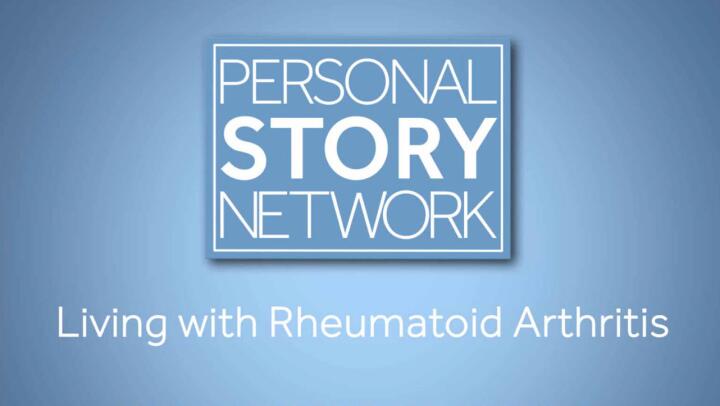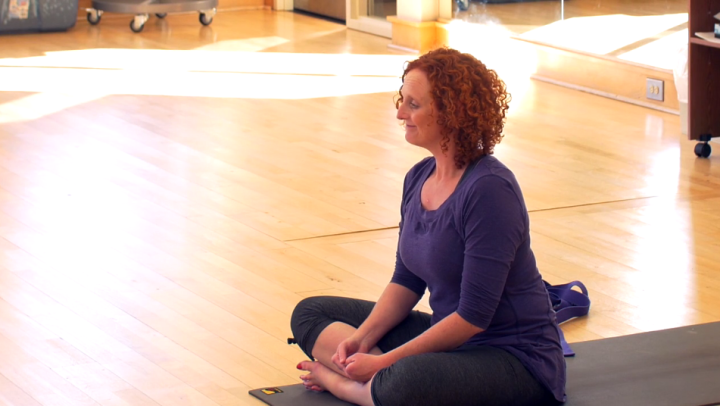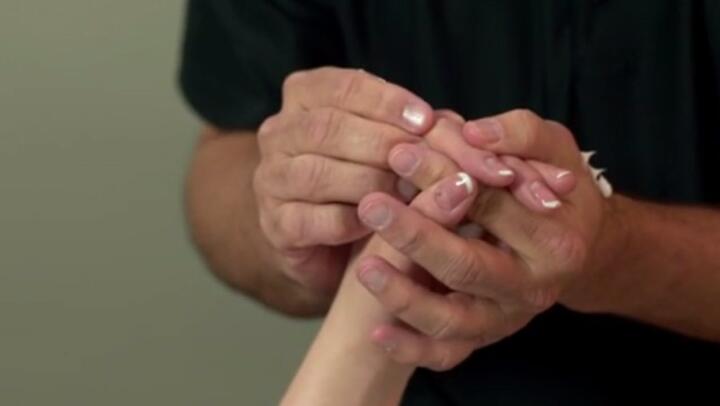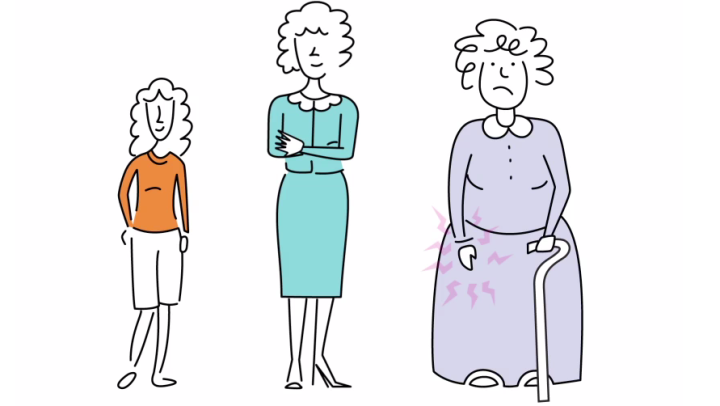8 Types of RA Treatment

Medically Reviewed By William C. Lloyd III, MD, FACS
Written By Beth W. Orenstein on August 1, 2021
-
 The Components of RA TreatmentThe key to treating rheumatoid arthritis (RA) is slowing disease progression and preventing joint damage. Even if your RA is mild, the sooner you start treatment, the better. Working with a rheumatologist will allow you to find the best treatment for your RA.
The Components of RA TreatmentThe key to treating rheumatoid arthritis (RA) is slowing disease progression and preventing joint damage. Even if your RA is mild, the sooner you start treatment, the better. Working with a rheumatologist will allow you to find the best treatment for your RA. -
 1. Nonsteroidal Anti-inflammatory Agents (NSAIDs)Doctors use NSAIDS to help relieve RA symptoms. Examples include ibuprofen (Advil, Motrin) and naproxen (Aleve), as well as prescription drugs, such as COX-2 inhibitors. You can take these drugs in combination with other drugs that reduce disease activity.
1. Nonsteroidal Anti-inflammatory Agents (NSAIDs)Doctors use NSAIDS to help relieve RA symptoms. Examples include ibuprofen (Advil, Motrin) and naproxen (Aleve), as well as prescription drugs, such as COX-2 inhibitors. You can take these drugs in combination with other drugs that reduce disease activity. -
-
 2. Lifestyle ChangesLifestyle changes, like eating healthy foods, losing extra pounds that put stress on your joints, and exercising regularly to keep joints flexible and mobile, can also help alleviate joint pain and reduce symptoms.
2. Lifestyle ChangesLifestyle changes, like eating healthy foods, losing extra pounds that put stress on your joints, and exercising regularly to keep joints flexible and mobile, can also help alleviate joint pain and reduce symptoms. -
 3. CorticosteroidsCorticosteroids, such as prednisone, are powerful anti-inflammatory prescription medicines that relieve severe symptoms. You can take them as pills, or your doctor might inject them into your joint. Either way, you'll want to take the lowest dose needed because the side effects of these drugs can be serious.
3. CorticosteroidsCorticosteroids, such as prednisone, are powerful anti-inflammatory prescription medicines that relieve severe symptoms. You can take them as pills, or your doctor might inject them into your joint. Either way, you'll want to take the lowest dose needed because the side effects of these drugs can be serious. -
 4. Disease-Modifying Anti-Rheumatic Drugs (DMARDs)DMARDs slow the progression of RA and help relieve symptoms in the process. Doctors often prescribe the DMARD methotrexate (Rheumatrex, Trexall), but there are others in this class. It can take about six weeks to see results with DMARDs. Therefore, your doctor might have you continue taking NSAIDs while you’re waiting to see improvement.
4. Disease-Modifying Anti-Rheumatic Drugs (DMARDs)DMARDs slow the progression of RA and help relieve symptoms in the process. Doctors often prescribe the DMARD methotrexate (Rheumatrex, Trexall), but there are others in this class. It can take about six weeks to see results with DMARDs. Therefore, your doctor might have you continue taking NSAIDs while you’re waiting to see improvement. -
 5. A Higher Dosage, Another MedicineIf you don’t see symptom improvement–or not enough improvement–your doctor can increase your current DMARD dosage or try another DMARD. Another option is to add a low-dose corticosteroid or a second DMARD. Keep in mind that you may need to try different combinations before finding the one that's right for you.
5. A Higher Dosage, Another MedicineIf you don’t see symptom improvement–or not enough improvement–your doctor can increase your current DMARD dosage or try another DMARD. Another option is to add a low-dose corticosteroid or a second DMARD. Keep in mind that you may need to try different combinations before finding the one that's right for you. -
-
 6. Biologic Response ModifiersIf your RA is not responding to traditional DMARDs, your doctor might suggest a biologic drug. These drugs block specific steps in the immune system process, slow disease progression, and can even put RA into remission. However, they can increase your risk for infections because they suppress the immune system. Doctors can prescribe biologics alone or in combination with a traditional DMARD, such as methotrexate.
6. Biologic Response ModifiersIf your RA is not responding to traditional DMARDs, your doctor might suggest a biologic drug. These drugs block specific steps in the immune system process, slow disease progression, and can even put RA into remission. However, they can increase your risk for infections because they suppress the immune system. Doctors can prescribe biologics alone or in combination with a traditional DMARD, such as methotrexate. -
 7. Trying Different DrugsYou may need to try different drugs, different combinations of drugs, or different dosages to find the best treatment for you. And with new drugs on the market, including new oral treatments, you have more options than ever. While a trial-and-error approach can be frustrating, with patience you and your doctor should find a regimen that helps.
7. Trying Different DrugsYou may need to try different drugs, different combinations of drugs, or different dosages to find the best treatment for you. And with new drugs on the market, including new oral treatments, you have more options than ever. While a trial-and-error approach can be frustrating, with patience you and your doctor should find a regimen that helps. -
 8. An Advanced Option: SurgeryIf your joint damage is severe and medication and physical therapy aren’t helping, you may benefit from joint replacement surgery. Hips and knees are common joints for replacement surgery. But doctors can also replace other joints, including shoulders, fingers, and elbows. Your rheumatologist will refer you to an orthopedic surgeon to explore your options. Ask your doctor about all of your RA treatment options.
8. An Advanced Option: SurgeryIf your joint damage is severe and medication and physical therapy aren’t helping, you may benefit from joint replacement surgery. Hips and knees are common joints for replacement surgery. But doctors can also replace other joints, including shoulders, fingers, and elbows. Your rheumatologist will refer you to an orthopedic surgeon to explore your options. Ask your doctor about all of your RA treatment options.
8 Types of RA Treatment



































